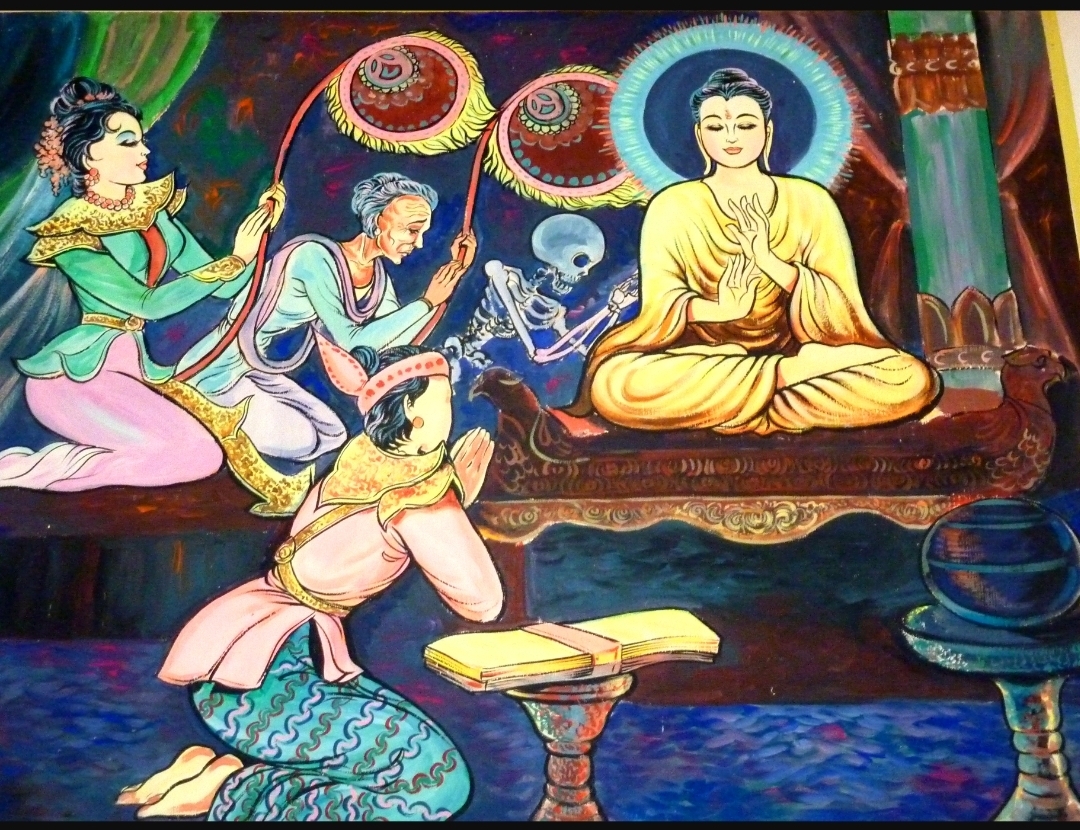The Hindu Woman: An Anomaly?
यत्र नार्यस्तु पूज्यन्ते रमन्ते तत्र देवता
Where women are worshipped, divinity blossoms.
Many point to the aforementioned verse in the Manusmriti to argue that the Hindu faith is passionately feminist; that Hinduism elevates the position of women; that Hinduism deifies femininity.
While it is true that veneration of the Divine Feminine is present in the earliest of all Hindu scriptures (the Devisuktam of the Rig Veda is a prime example), what is also true is the near-ubiquity of male priests in Devi temples across the nation.
This is despite the Rig Veda unambiguously declaring that religious rites are common to all persons.
(While the Rig Veda is pretty much obvious when it comes to the universality of the doctrines it expounds, the subsequent texts, not so much; in the Anushasan Parva of the Mahabharat, Bhishma claims, despite him being a Kshatriya himself [by karma, if you insist], that Brahmins are peerless, perfect, and the most sublime.)
A puzzling feature of Hinduism is its refusal to take stands on any topic under the Sun. While Abrahamic religions are pretty straightforward when it comes to their contempt for women, disbelievers and homosexuals(when interpreted literally, at least), the Eternal Religion incessantly vaccilates between silent acceptance and violent disapprobation.
Let us consider the Manusmriti, for instance. While it does expect households to honour women, it prohibits women from leading independent lives:
पिता रक्षति कौमारे भर्ता रक्षति यौवने । रक्षन्ति स्थविरे पुत्रा न स्त्री स्वातन्त्र्यमर्हति ॥
(Manusmriti 9.3; repeated in the Mahabharata)
If empathy, loving-kindness, perseverance, sweetness, supportiveness and motherliness characterise womanhood, so do assertiveness and a fierce sense of independence―financial and sexual. While Ramayana extols the former description in Sita, the various Puranas and the Mahabharata celebrate the latter in Satyavati, Urvashi and Tilottama.
Whatever the situation of women in Hindu texts, the place that a Hindu woman holds in contemporary society is appalling, to say the least. While certainly not as desperate as their Muslim counterparts, the invisibilization of Hindu women, especially when it comes to inheritance, is startling. Why, have you not automatically entered your father's name on almost all official documents under the "s/o" category? Have you not observed that in several cases, (opening of bank accounts, for instance), mentioning your mother's name is not necessary?
How many Hindu women hold agricultural land? Estimates vary widely, and nobody really knows (This website paints a bleak picture).
Male members of village households in Uttar Pradesh and Bihar actively frequent metro cities in search for jobs, whereas female members consider themselves lucky if they are allowed to leave their native towns.
If I were to marry outside my community or "caste", I would certainly face problems, but I will eventually be able to manage. If an "upper-caste" woman marries a "lower caste" man, all hell will break loose. Why, may I ask?
Kyuki ladki ki shadi to apne haath me hain na!
In the days to come, I will critically analyse the position Hindu scriptures accord to women, and scrutinize the claims of "intrinsic feminism" and "Brahminical Patriarchy" made by either poles of the ideological spectrum, starting with the Ramcharitmanas.


Hey man, it would be much nicer if you included the translation of that sloka (Manusmriti 9.3). Not all of us know Sanskrit y'know...
ReplyDeleteWill keep this in mind next time.
DeleteThis is a great read. Thank you.
ReplyDelete